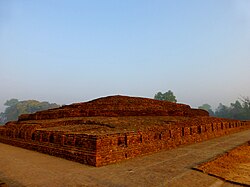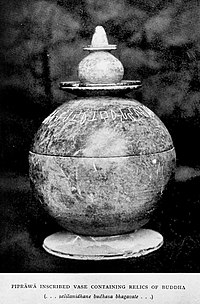And Brahman according to the VishishtAdvaitins is Narayana/Vishnu.
So the stuff of all living & non-living, as you said, IS brahman=vishnu.
Isn't it?
Yeah, you are correct. Vishishtadvatists worship Narayana (and not Vishnu, though I have to check this in the wiki page on Ramanuja).
Ramanuja has no problem with Vishnu. The main thing is that Ramanuja considers bhakti to be absolutely necessary.
"Rāmānuja is explicit in holding that theoretical knowledge of
Brahman‘s nature will not suffice to procure liberation. The remedy to be employed, according Rāmānuja, is what he calls
bhakti yoga, or the discipline of devotion or worship. For Ramanuja, liberation (
moksha) is not a negative separation from transmigration, or a series of rebirths, but rather the joy of the contemplating the divine perfection.
This joy is attained by a life of exclusive devotion (
bhakti) to Brahman, singing his praise, performing adulatory acts in temple and private worship, and constantly dwelling on his perfections. In return, Brahman will offer his grace, which will assist the devotee in gaining release.
Ramanuja's theory posits both Brahman and the world of matter are two different absolutes, both metaphysically real, neither should be called false or illusive, and
saguna Brahman with attributes is also real.
God, like man, states Ramanuja, has both soul and body, and all of the world of matter is the glory of God's body. The path to Brahman (Vishnu), asserted Ramanuja, is devotion to godliness and constant remembrance of the beauty and love of personal god (
saguna Brahman, Vishnu).
Well, my homage to Sri Ramanujacharya, but my views differ. I do not know why Ramanuja termed his philosophy as advaita! It is hardly one. Perhaps because for this:
"The difference is never transcended but he also affirmed that there is unity of all souls and that the individual soul has the potential to realize identity with the Brahman."


